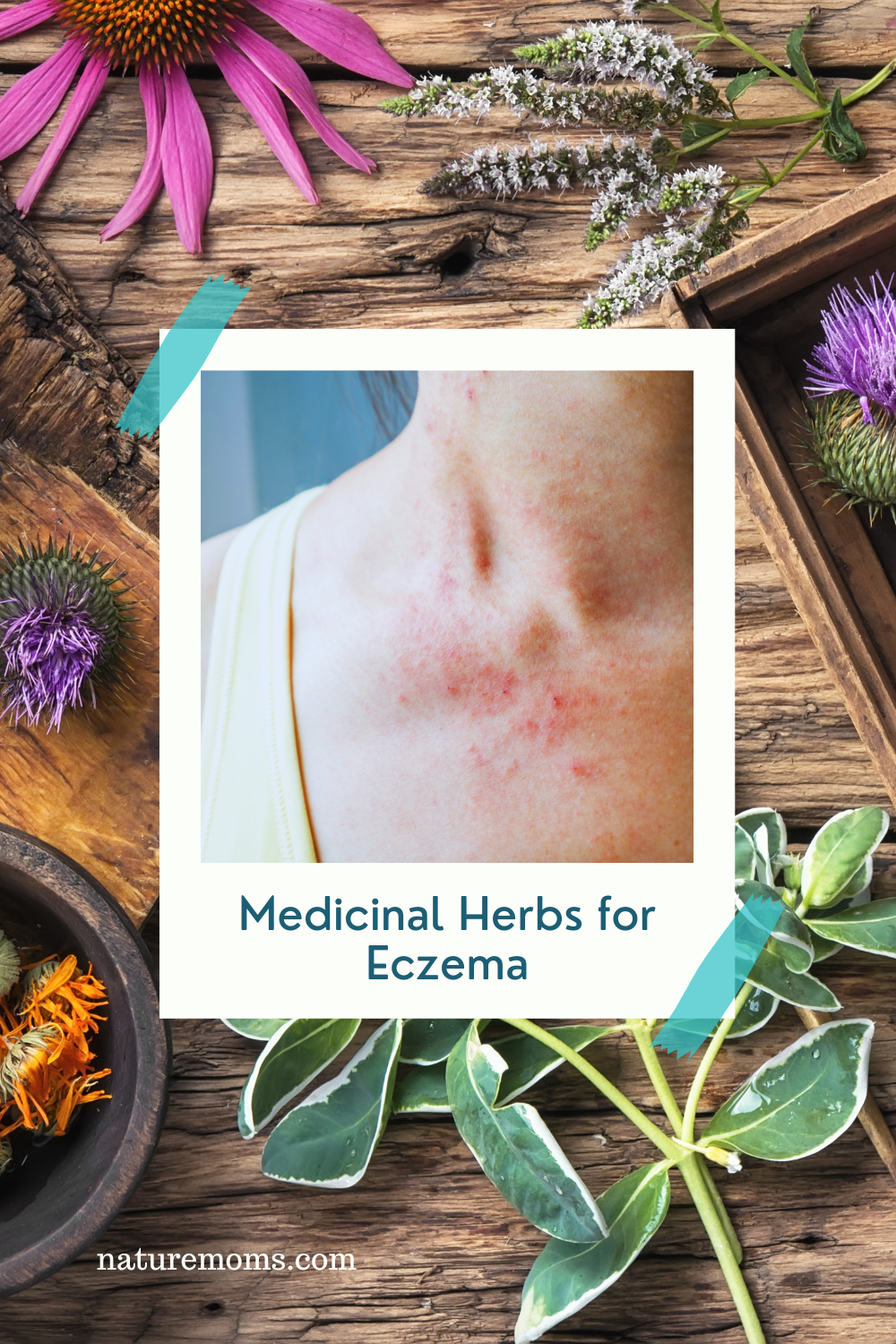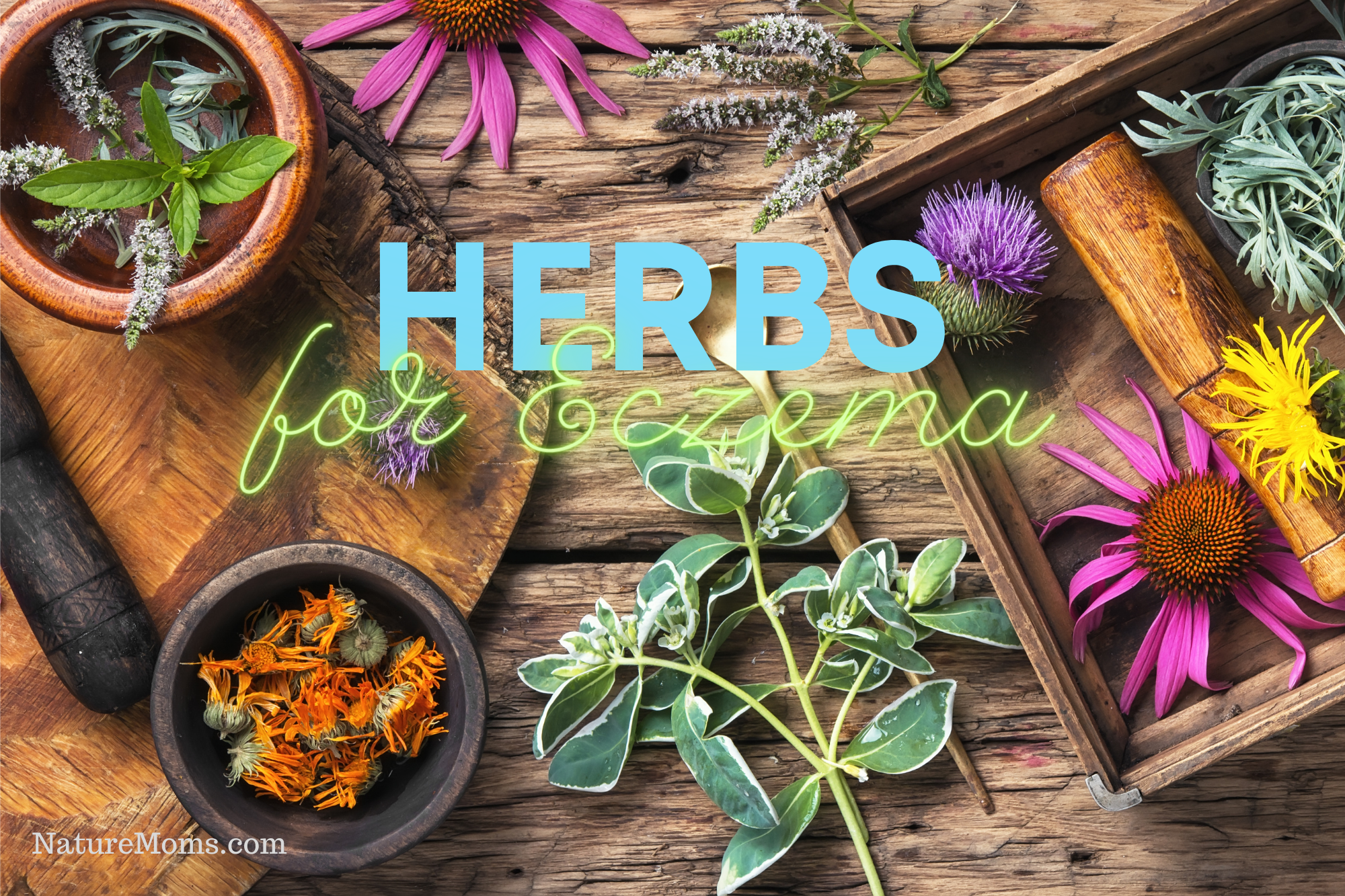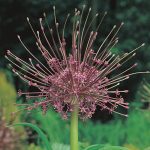 Eczema is a chronic skin condition characterized by redness, itchiness, and inflammation, and it affects millions of people worldwide. While conventional treatments often rely on topical creams and medications such as steroids, an increasing number of individuals are turning to a more natural solution for relief. Medicinal herbs have long been recognized for their therapeutic properties, and many of them possess remarkable abilities to soothe and heal eczema symptoms. I know that I swear by herbal remedies for my own skin affliction… aka hives! In this article though, we will explore some of the most powerful medicinal herbs that can effectively alleviate the discomfort associated with eczema.
Eczema is a chronic skin condition characterized by redness, itchiness, and inflammation, and it affects millions of people worldwide. While conventional treatments often rely on topical creams and medications such as steroids, an increasing number of individuals are turning to a more natural solution for relief. Medicinal herbs have long been recognized for their therapeutic properties, and many of them possess remarkable abilities to soothe and heal eczema symptoms. I know that I swear by herbal remedies for my own skin affliction… aka hives! In this article though, we will explore some of the most powerful medicinal herbs that can effectively alleviate the discomfort associated with eczema.
- Calendula (Calendula officinalis): Calendula’s anti-inflammatory and antimicrobial properties make it an ideal herb for eczema relief. It helps reduce redness, itching, and irritation, while promoting skin regeneration and healing.
- Chamomile (Matricaria chamomilla): Chamomile is renowned for its calming and anti-itch properties. It soothes inflamed skin, reduces itching, and aids in restoring the skin’s natural moisture barrier.
- Aloe Vera (Aloe barbadensis): Aloe vera is a versatile herb known for its soothing and moisturizing effects. It helps alleviate itching, reduces inflammation, and promotes skin healing, leaving it nourished and rejuvenated.
- Burdock Root (Arctium lappa): Burdock root possesses detoxifying and anti-inflammatory properties. It aids in cleansing the blood, thereby reducing eczema symptoms and supporting overall skin health. A burdock tea bag used as a compress is amazing!
- Licorice Root (Glycyrrhiza glabra): Licorice root contains compounds that have potent anti-inflammatory and anti-allergic effects. It helps relieve itching, redness, and swelling, making it an effective remedy for eczema.
- Evening Primrose (Oenothera biennis): Evening primrose oil is rich in essential fatty acids, particularly gamma-linolenic acid (GLA). It helps reduce inflammation, itching, and dryness associated with eczema, while improving overall skin hydration.
- Neem (Azadirachta indica): Neem possesses powerful antibacterial and antifungal properties, making it beneficial for eczema-prone skin. It helps alleviate itching, soothes inflammation, and promotes wound healing.
- Lavender (Lavandula angustifolia): Lavender oil has calming and antiseptic properties. It soothes irritated skin, relieves itching, and aids in skin repair, resulting in reduced eczema symptoms.
- Witch Hazel (Hamamelis virginiana): Witch hazel acts as an astringent and anti-inflammatory agent. It helps soothe itching, reduces inflammation, and promotes healing of eczema-affected skin.
- Stinging Nettle (Urtica dioica): Stinging nettle possesses anti-inflammatory properties that can alleviate eczema symptoms. It helps reduce itching and redness when used topically.
These medicinal herbs offer natural alternatives to conventional eczema treatments, providing effective relief without the risk of harsh side effects. Incorporating them into your skincare routine can help soothe irritated skin, reduce inflammation, and promote healing, leading to improved quality of life for individuals with eczema.
In conclusion, medicinal herbs have long been revered for their powerful therapeutic properties. When it comes to managing eczema, these herbs offer a natural and holistic approach that can effectively soothe and heal the symptoms. Whether used individually or in combination, these herbs provide a gentle and safe alternative to conventional treatments. Embrace the healing power of nature and discover the relief you seek with these potent medicinal herbs.




